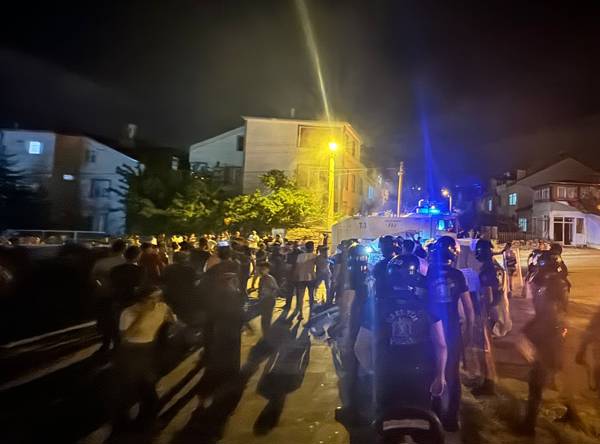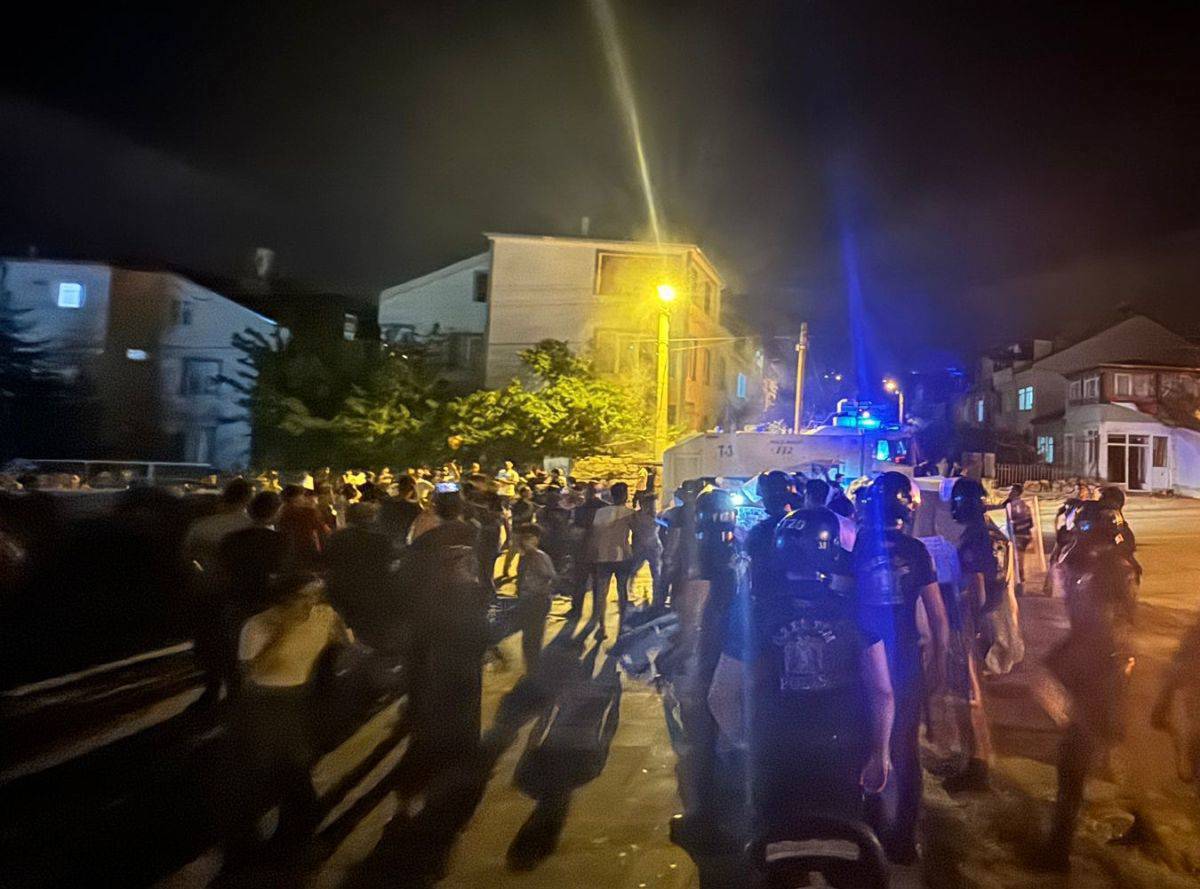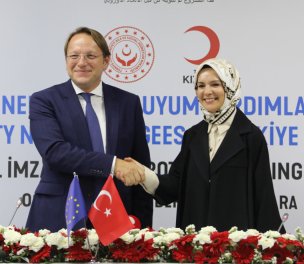About 3,000 Syrian refugees have been reportedly forced to leave the central Anatolian city of Kayseri following the violent protests in late June. The unrest was triggered by an alleged sexual assault on a child, which led to attacks on the refugee community.
In addition to those who left voluntarily, about 30 to 40 Syrians accused of various crimes were sent to the Bünyan Removal Center, according to a statement from the Human Rights Association (İHD).
In Kayseri, there were about 83,000 registered Syrian refugees as of May 2024, based on data from the Ministry of Interior. The total number of registered Syrians in the country stands at 3.6 million.

Violent protests target refugee community in Turkey’s Kayseri after alleged sexual assault on minor
The İHD emphasized the need for thorough investigations into hate speech and racist attacks against refugees, saying, "Syrian refugees and other migrants who fled their countries due to war should not be forced to return due to racist attacks. They should only return voluntarily and willingly."
The İHD further criticized the broader context of Turkey's refugee policies, pointing out that many refugees are being sent back from European Union countries to Turkey. The association called for the removal of reservations to the UN Refugee Convention and the cancellation of the EU-Turkey Readmission Agreement, to allow refugees to seek asylum in EU countries more easily.
‘Migration will continue’
The İHD further said, "Due to its geographical location, a large number of refugees take refuge in Turkey, those going to EU countries are sent back, and it is understood that migration to Turkey will continue for many years to come."
The association urged Turkey to lift its reservations on the UN Refugee Status agreements, grant refugee status to asylum seekers, and ensure their rights and freedoms.
Additionally, they called for the cancellation of the Readmission Agreement with the EU to facilitate the travel of those wishing to go from Turkey to EU countries.
"The rights and freedoms of all people who have taken refuge or migrated to Turkey for any reason whatsoever, especially the right to life, must be guaranteed," the İHD concluded.
Anti-refugee sentiment in Turkey
Turkey hosts the largest number of refugees globally, with 3.6 million registered Syrians and approximately 320,000 refugees of other nationalities, according to government data.
Anti-refugee sentiment in Turkey has also been a growing concern, particularly in the context of the country's economic challenges.
A study conducted this year by Ipsos for the UNHCR across 52 countries has revealed that Turkey has the highest rate of anti-refugee sentiment among these nations. The survey shows that 77% of respondents in Turkey support completely closing the country's doors to refugees, compared to a global average of 44%. Additionally, 70% of the public in Turkey believe that refugees coming to Turkey are not fleeing war, but seeking a more comfortable life.
The study also highlighted how support for refugees is declining in several countries due to national security concerns. The findings indicate that support has decreased by 93% in Kenya, 81% in Greece, 75% in the United Kingdom, 74% in Germany, 70% in the United States, and 57% in Turkey.
(VK)










.jpg)

